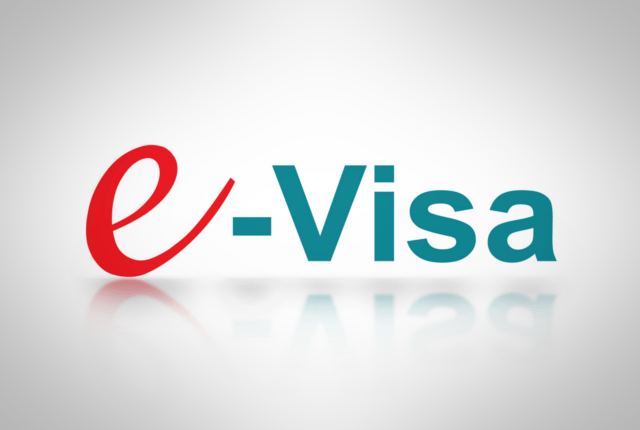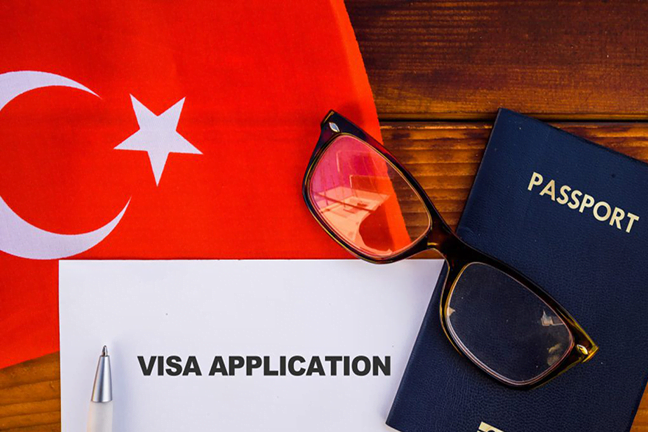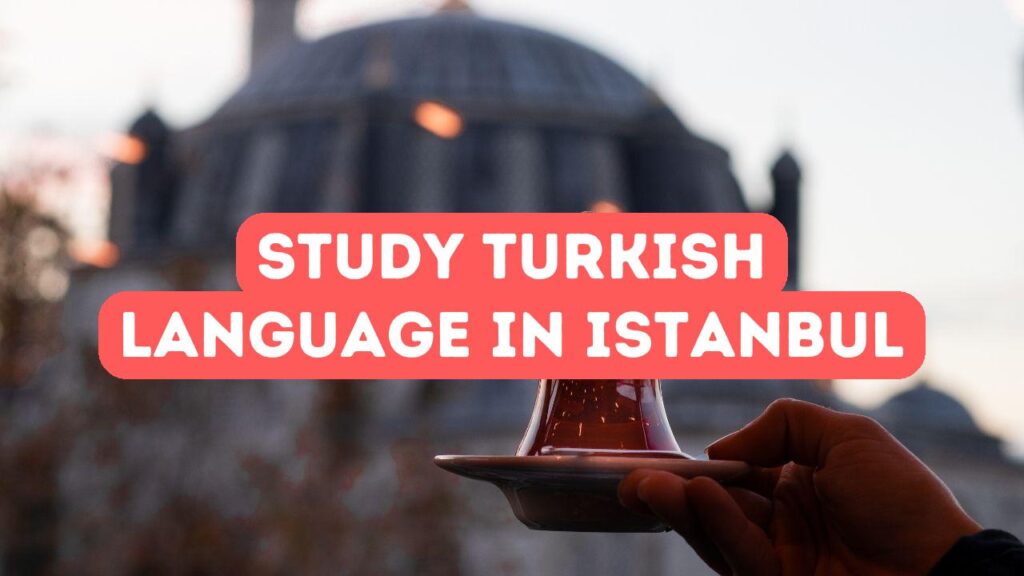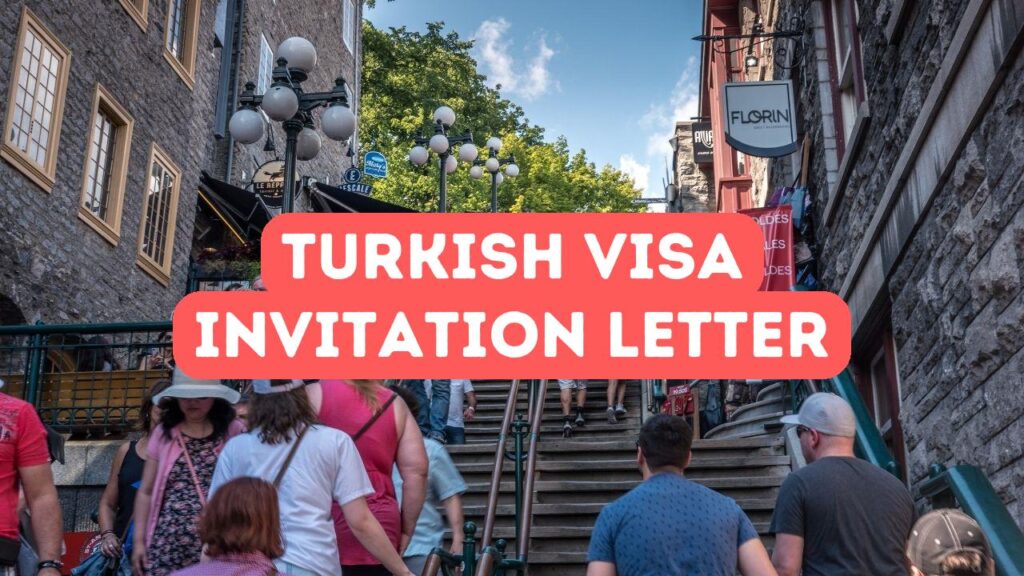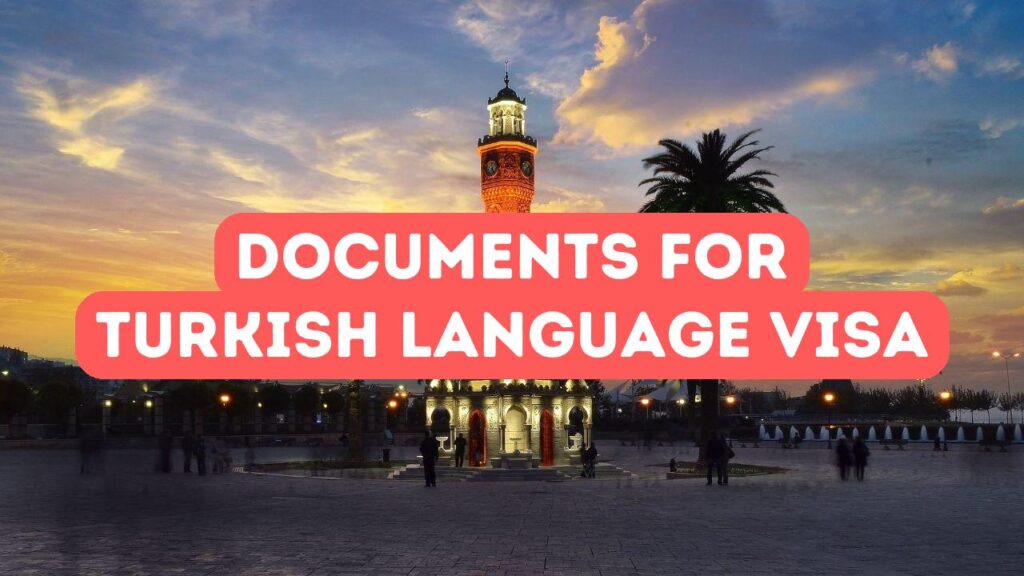Navigating the path to obtaining a university visa can be a complex and challenging process, especially for international students aspiring to study in Turkey. At Campus Turquie, we understand the intricacies involved and are committed to simplifying this journey for you. From understanding the required documentation and meeting eligibility criteria to adhering to application deadlines and attending necessary interviews, securing a university visa demands meticulous planning and preparation. Our expertise in education consulting ensures that you receive comprehensive guidance tailored to your unique needs, helping you avoid common pitfalls and streamline your application. In this guide, we aim to shed light on the critical steps involved in the university visa application process, equipping you with the knowledge and confidence to embark on your educational adventure in Turkey seamlessly.
Eligibility Criteria and Requirements
Understanding the eligibility criteria and requirements is crucial for a successful university visa application. Primarily, you need to secure an acceptance letter from a recognized Turkish university, which serves as one of the fundamental prerequisites. Additionally, applicants must demonstrate financial stability, proving they have the means to cover tuition fees and living expenses during their stay. Adequate health insurance coverage is another mandatory requirement, ensuring that any medical needs can be addressed while studying in Turkey. Alongside these, valid travel documents, including a passport with sufficient validity beyond the intended period of stay, are essential. Ensuring that you meet these basic criteria will set a strong foundation for your university visa application, making the subsequent steps more manageable.
Furthermore, prospective students should be prepared to present academic credentials, such as transcripts and diplomas, translated into Turkish or English and notarized for authenticity. It is also vital to provide evidence of any language proficiency test scores, primarily if the medium of instruction in your chosen program is Turkish or English. These could include TÖMER for Turkish or TOEFL/IELTS for English, depending on the university’s requirements. Some programs might require additional documents like a statement of purpose or letters of recommendation. Diligently assembling and verifying these documents can significantly bolster your visa application, demonstrating your commitment and preparedness to embark on your academic journey in Turkey.
In addition to academic and financial qualifications, applicants may need to undergo a visa interview at the Turkish consulate or embassy in their home country. This interview is a crucial step where candidates should be prepared to discuss their study plans, academic background, and financial arrangements in detail. It is advisable to rehearse potential questions and responses to present yourself confidently and coherently. Additionally, maintaining clear and honest communication about your intentions and readiness to adhere to Turkish laws and regulations will reflect positively on your application. By comprehensively preparing for this interview and ensuring all documentation is thorough and accurate, you position yourself for a successful outcome in securing your university visa, setting the stage for a positive educational experience in Turkey.
Application Process and Key Deadlines
Understanding the application process and key deadlines is crucial in securing your university visa to study in Turkey. The process typically begins with obtaining an acceptance letter from a Turkish university, which is a mandatory requirement for the visa application. Following acceptance, you must gather essential documents such as a valid passport, completed visa application form, passport-sized photos, proof of financial stability, and a no-objection certificate, if applicable. It is important to start this process well in advance of your intended start date, as consulate appointments can be booked up quickly and processing times may vary. By adhering to application deadlines and ensuring all paperwork is meticulously prepared, you can avoid delays and increase your chances of a smooth visa approval process.
Once you have gathered the necessary documentation, the next step is to schedule an appointment with the Turkish consulate or embassy in your country. It is crucial to book this appointment early, as slots can fill up quickly, especially during peak application periods. During the appointment, you will need to submit your documents for verification, provide biometric information, and may be required to attend a short interview. This interview will often focus on the intent of your stay, your chosen field of study, and your plans following the completion of your education in Turkey. Being well-prepared and answering confidently can significantly impact the outcome of your visa application. Additionally, some consulates may require a non-refundable visa application fee, so be sure to check the specific requirements of your local Turkish consulate.
After your consulate appointment, the final stages involve waiting for the review and decision on your application. The processing time can range from a few weeks to a couple of months, depending on the volume of applications and specific consulate procedures. During this waiting period, it is essential to regularly check the status of your application through the consulate’s official channels. If your visa is approved, you will receive a notification to collect your visa, often requiring a final visit to the consulate. In the event of a denial, do not be discouraged—Campus Turquie is here to assist with understanding the reasons behind the decision and exploring possible options for reapplication. Our comprehensive support ensures you remain informed and prepared at every step, effectively navigating the complexities of the university visa acquisition process.
Navigating Post-Graduation Opportunities with a University Visa
Securing a university visa for your studies in Turkey is not just a ticket to academic enrichment but also a gateway to lucrative post-graduation opportunities. With this visa, international students can explore various pathways, including internships, part-time jobs, and full-fledged careers, that can enrich their professional experience. Many Turkish universities have strong ties with industries and businesses, facilitating internships and job placements that can seamlessly transition graduates from academia to the workforce. Moreover, understanding the nuances of your university visa can also open doors to extended stays for research, further studies, or even entrepreneurship in Turkey, offering a multitude of avenues to apply your skills and knowledge in a thriving economic landscape.
An often-overlooked benefit of holding a university visa in Turkey is the access it provides to extensive networking opportunities. Universities frequently organize career fairs, industry seminars, and alumni meet-ups where students can connect with potential employers and industry leaders. Such events are invaluable for building relationships and gaining insights into the Turkish job market. Additionally, through student-led clubs and organizations, international students can collaborate on projects that bolster their resumes and hone leadership skills. These experiences not only enhance employability but also enable students to develop a professional network that can support their career ambitions long after graduation.
Maximizing the advantages of a university visa extends beyond formal career and networking events to include cultural immersion, which is equally pivotal in shaping your post-graduation opportunities. Living and studying in Turkey allows international students to acquire language skills and cultural insights that can significantly enhance their employability both within Turkey and globally. Companies often value candidates who demonstrate adaptability and a deep understanding of diverse cultures, which you can cultivate by engaging in local communities and participating in cultural exchange programs. This holistic approach to your university experience not only broadens your horizons but also positions you as a well-rounded candidate in the competitive job market.


